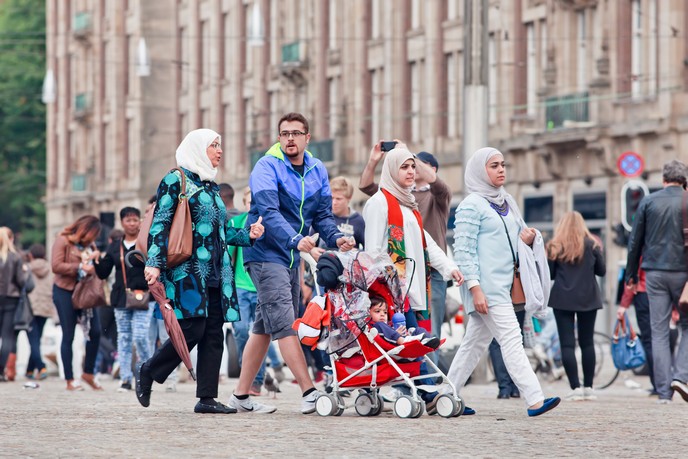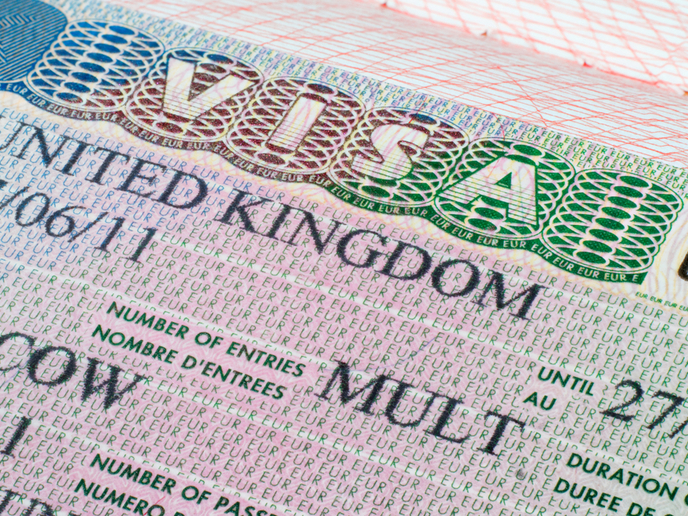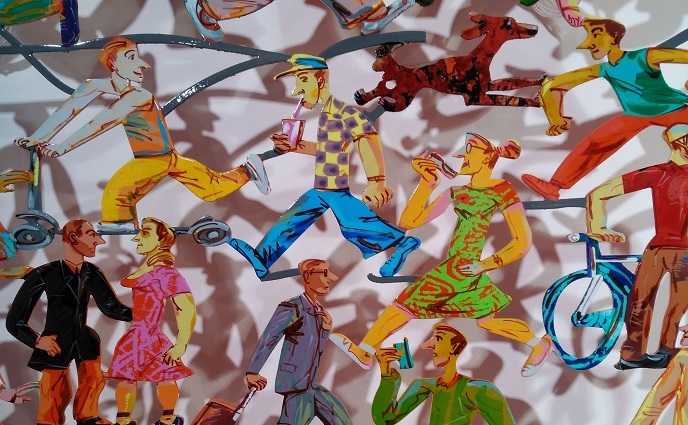Europe’s Muslim minorities under pressures of accountability and marginalisation
The MUSLIM-NLNO (Muslims condemning violent extremism – An interdisciplinary analysis of public initiatives in the Netherlands and Norway 2001-2015) project, financed through a Marie Skłodowska-Curie (MSC) grant, explored recent developments in public debates in the Netherlands and Norway. The aim was to discover “what motivates Muslims to publicly speak up against violence committed in the name of Islam, how they try to convey their message through different forms of media, and how these statements are received in society,” says project fellow Dr Margaretha van Es. The researcher considered archival material and undertook a multiple case study to explore in depth specific initiatives by Dutch and Norwegian Muslims over the period from 2001 to 2016. Two examples are the large protest march against ISIS, organised by Muslims in Oslo in August 2014, and the social media campaign #NietMijnIslam (#NotMyIslam) started by five Moroccan-Dutch friends after the 2015 Charlie Hebdo attacks in Paris. Dr van Es also conducted interviews with Muslim men and women actively involved in these initiatives. “What made this project particularly innovative,” she notes, “is that it paid attention to not only the discourses and practices through which Muslims are stigmatised and marginalised by the dominant majority, but also to their ‘strategies of resistance’: how do Muslims try to strengthen their position and find acceptance as equal citizens?” A response to and critique of accountability The research findings indicate that “Muslims have spoken up against violent extremism far more often than what is commonly acknowledged in public debate,” the MSC fellow states. A particularly important research finding, Dr van Es explains, is that statements made by Muslims against violent extremism often serve as a multi-layered critique. “Muslims not only ‘talk back’ to extremists who commit violence in the name of Islam, but also to stereotypical representations in Western societies of Islam as a violent religion, and to the unabated pressure on Muslims to prove that they are peaceful and loyal citizens.” Interestingly, the MUSLIM-NLNO project also uncovered a gender factor with respect to the wider society’s reception of Muslims’ statements against violent extremism. “It seems that statements made by women are more easily believed, but given less weight by members of the dominant majority than statements made by men,” Dr van Es reveals. Filling in a research gap MUSLIM-NLNO has contributed a new and important perspective to this growing body of research through its consideration of Muslims’ efforts to resist marginalisation. Dr van Es also highlights the fact that “little attention is being paid to the vast majority of European Muslims who do not support violent extremism, but who face continuous pressure to clarify their stance and speak up against terrorism.” Project results have been actively disseminated to create more awareness. A conference on ‘Religious Minorities’ Self-Representations: Claims of Difference and Sameness in the Politics of Belonging’ was organised in 2017. This resulted in a series of blog posts by different conference participants, available on the 'Religious Matters' website hosted by MUSLIM-NLNO Project Manager Professor Birgit Meyer. A peer-reviewed article was published in the Journal of Muslims in Europe in 2018, and more papers are being prepared for future publication. Outreach to non-specialist audiences included a panel debate in Utrecht in 2018, held in collaboration with various Dutch-Muslim youth organisations. During the event, four panellists discussed how their struggle against Islamophobia intersects with different struggles against sexism, anti-black racism and sectarianism among Muslims.
Keywords
MUSLIM-NLNO, violent extremism, marginalisation, violence, terrorism, strategies of resistance, Islamophobia







